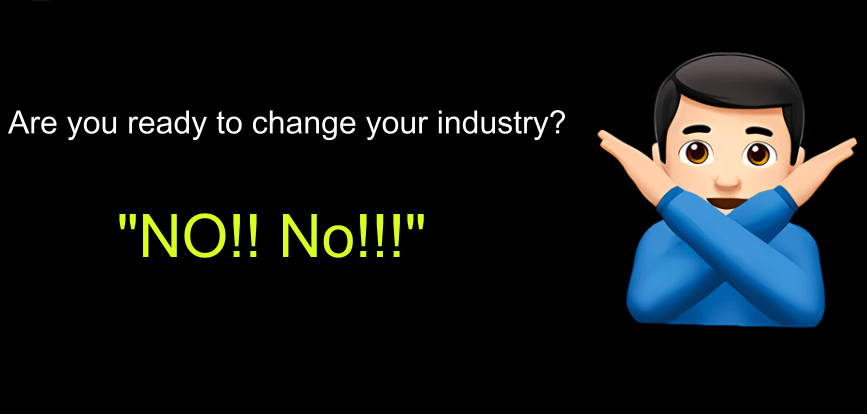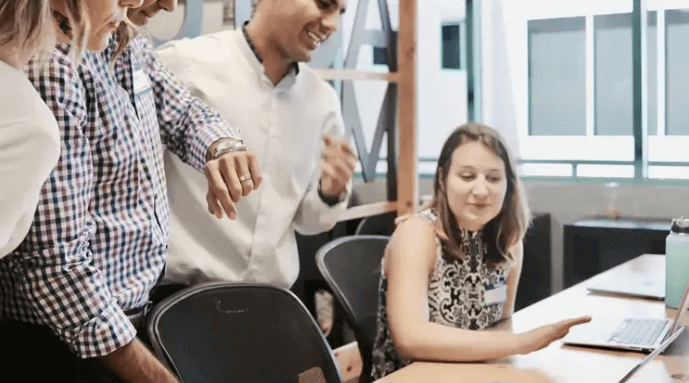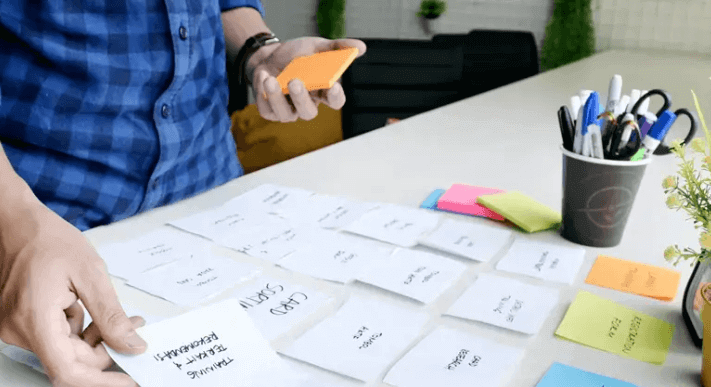In this article, we’ll uncover a little secret that can significantly boost your career—“contingency thinking.” This seemingly simple approach can help you navigate the workplace with confidence and stand out in your career. From developing a drafting mindset to leveraging AI tools, let’s explore how to cultivate this skill and enhance your professional edge.

1. What is Contingency Thinking?
Contingency thinking, or the ability to draft plans, is akin to creating an outline before writing an article or sketching out a project before diving in. This proactive mindset involves anticipating potential scenarios and preparing for them in advance. Many people, however, fail to apply this approach in their daily work, often only preparing thoroughly for high-stakes situations.
Initially, I observed that those who consistently advance in their careers are adept at “drafting” plans. They think ahead, prepare thoroughly, and thus are better positioned to seize opportunities, unlike those who often miss out due to inadequate preparation.
2. Real-Life Example: My Supervisor
Let me illustrate with an example from my own experience. My supervisor, the youngest team leader in our company, is a prime example of effective contingency thinking. Despite managing two major business lines, he is always the first to arrive and the last to leave. He meticulously researches new business logic, even if it’s outside his immediate scope, and seeks advice to fully understand each project’s intricacies. Initially, this seemed excessive, but over time, I realized this thorough preparation was a strategic approach, not just diligence.
3. Analysis: The Source of Confidence
My supervisor's confidence in meetings stems from his extensive preparation and contingency thinking. He explained, “When you have a clear understanding and mental preparation for various scenarios, confidence follows naturally.” This insight helped me understand that by anticipating different situations and preparing responses, you’ll be more composed when faced with challenges.
4. How to Cultivate Contingency Thinking
To become more confident and composed in your career, developing a drafting mindset is crucial. Here are some tips to help you build this skill:
1. Organize and Review: Daily Reflection
Project Review: Spend a few minutes each evening reviewing the day’s work. This practice helps identify successes and areas for improvement.
Knowledge Review: Regularly update your knowledge base to keep pace with rapid changes in your field.
2. Drafting Mentality: Anticipate and Prepare
Meeting Preparation: Prepare your talking points and anticipate potential questions or objections.
Scenario Planning: Develop contingency plans for various scenarios, such as resource shortages or tight deadlines.
3. Leveraging AI: Enhancing Efficiency
Tool Utilization: Use AI tools to generate drafts and handle routine tasks, freeing up time for strategic thinking.
Script Drafting: AI can help draft speeches or communication, which can be refined for specific contexts.
5. Conclusion
In summary, career advancement is not just about working hard but also about having a “drafting” mindset. By mastering contingency thinking, you’ll navigate workplace challenges more effectively and confidently. Practice regularly and make contingency planning a part of your routine to improve your performance and achieve your career goals. I hope these insights inspire you to adopt a drafting approach and succeed in your professional journey.






